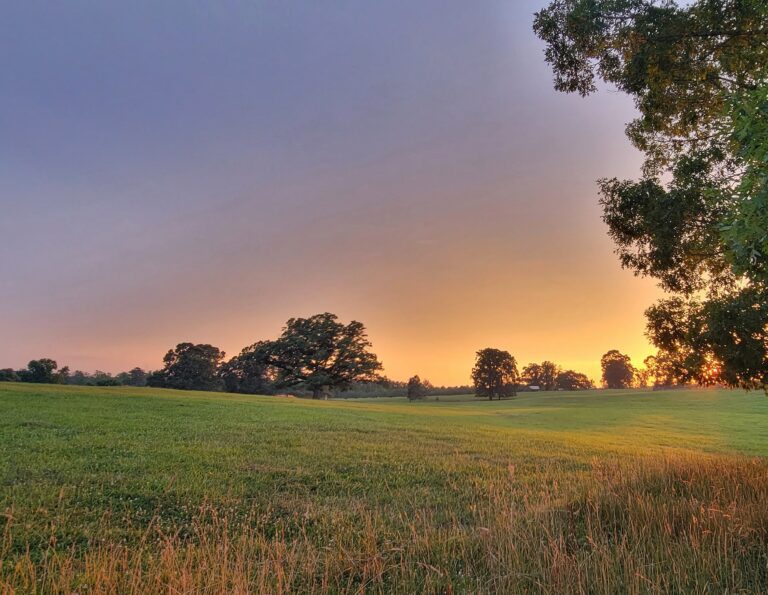When I think of TR’s wild spaces I think of forest coves, cold mountain streams, and cow pastures.
That’s right, cow pastures.
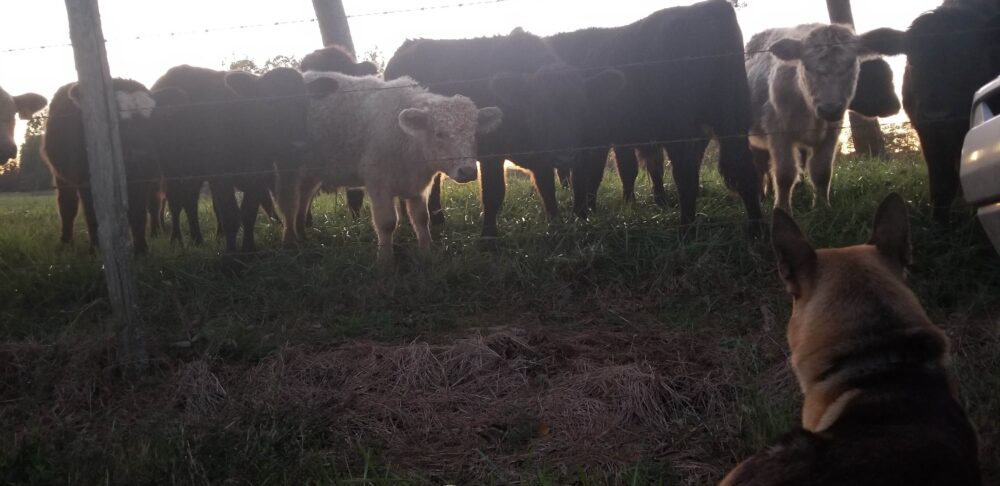
I live near one of Northern Greenville county’s iconic farmlands. I often walk the narrow, country road where I am more likely to see a tractor than a car. As a naturalist, you would think I would prefer the wildness of the forests and streams, but I have come to love these wide-open farm spaces. Not only are the big skies and fields of green a refuge to my soul, but these places are a refuge to wildlife whose habitat is being infringed on by our area’s skyrocketing development.
Cow pastures are reminiscent of the ancient prairies that dotted our landscape, once maintained by bison and mastodons, later maintained by Native Americans and their fires. Prairies are a disappearing landscape in our growing economy. Wildlife that depends on wide-open spaces are losing their home places.
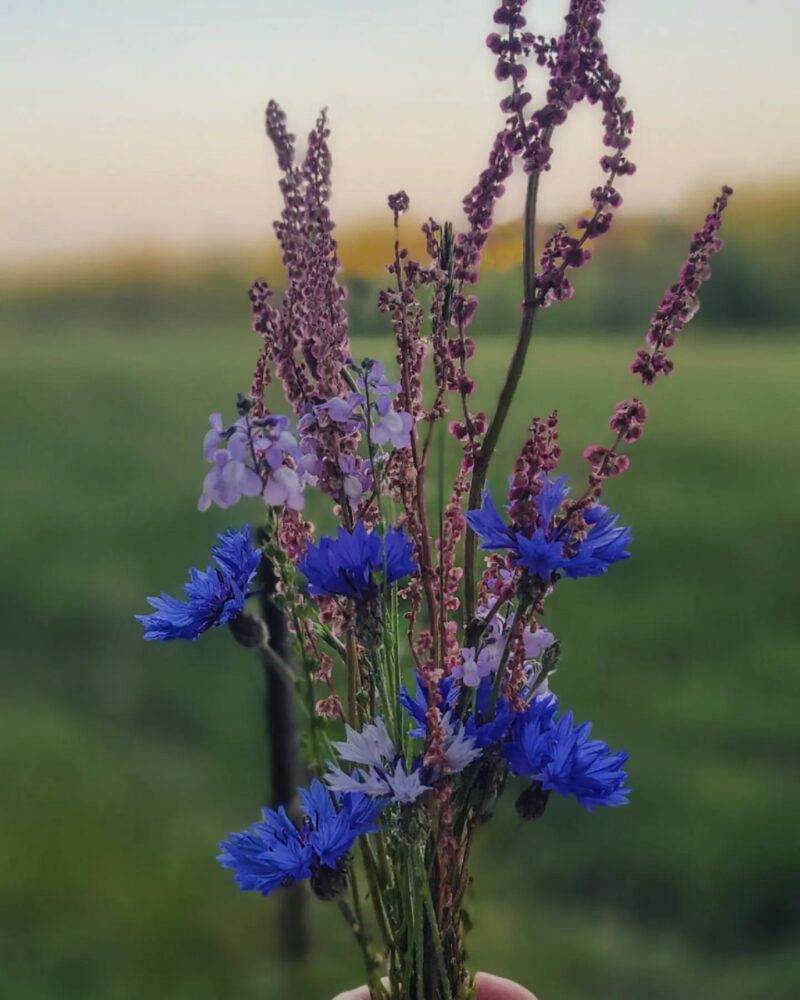
The farmland I walk on has hundreds of acres of pastures separated by thick bands of forest. Meandering streams and spacious ponds fill in the landscape.
On my walks, I have seen deer, raccoons, and bears. I have seen snow geese on the pond, grasshopper sparrows and meadowlarks in the fields, and countless bluebirds on the fences.
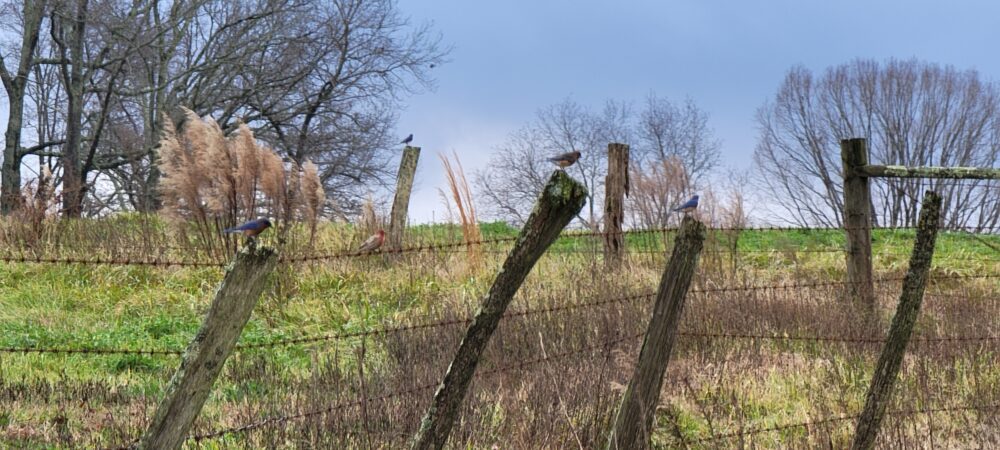
I have watched eagles and hawks fly over and seen kestrels perched on the fences. Turkey vultures pass through by the hundreds during fall migration time. I have heard the bullfrog on the pond and the barred owl call from the forest. I have marveled over the abundant wildflowers that grow on the roadside, picked blackberries in passing, and watched the dragonflies buzz past and monarchs gliding on kited wings.
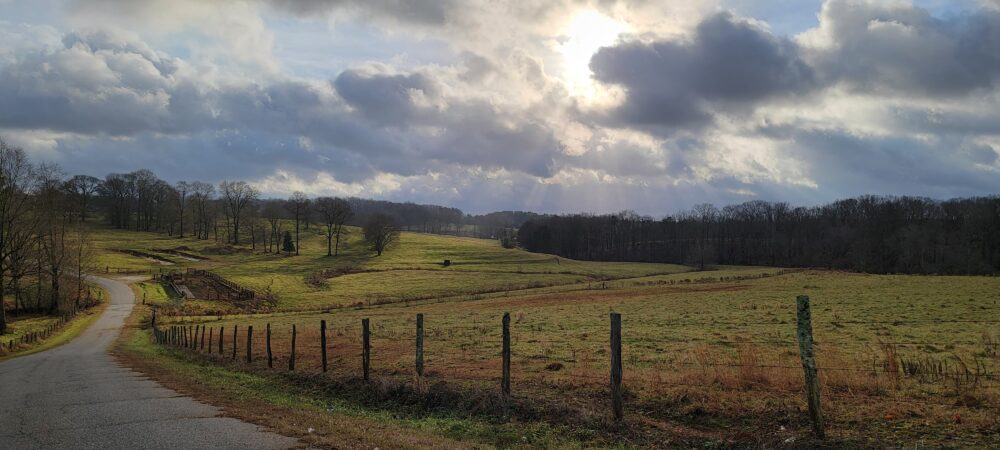
The farm has also been a refuge from the ever more busy world around me. The expansive skies have opened my heart and become a perfect canvas for sunrises and stargazing. The slow roads have invited me in for walks and talks with my growing children while we worked out some of life’s problems.
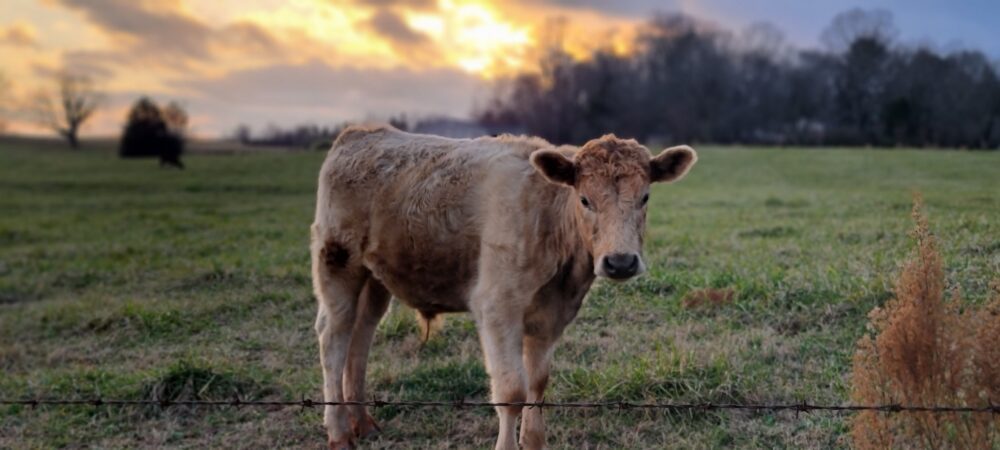
Yes, we need wilderness areas full of trees and streams, but we also need fields, roadsides, and pastures. Without these spaces, the pollinators that ensure our food supply will disappear. Bird species already in serious decline will disappear. As Northern Greenville County continues to fill in fields with neighborhoods, we will have to fight to keep these necessary ‘wild’ spaces. (A local organization that is doing this well is Upstate Forever.)
Rural farmlands provide a valuable service to us all as farms, but also as places for wildness for nature and spirit.
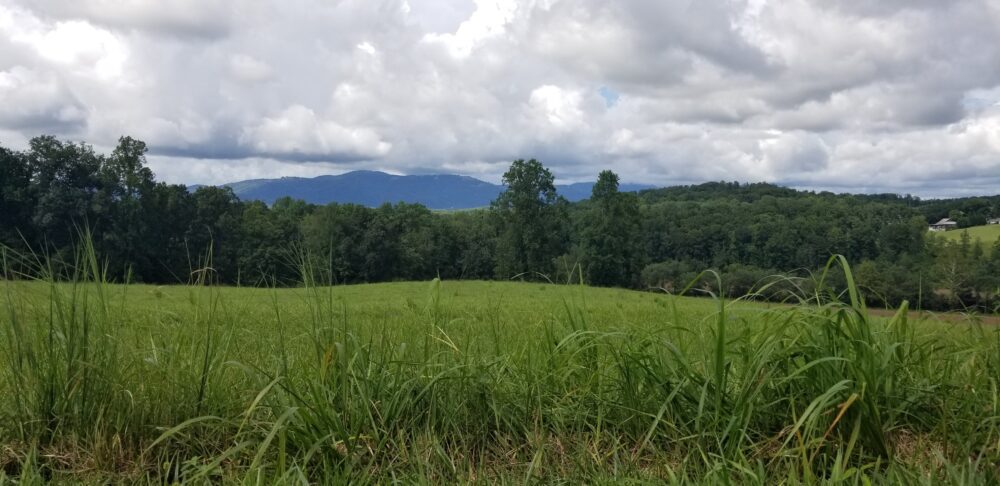
Enjoy reading about Tricia Kyzer’s Wild TR?
Read more here:
Wild TR: Look to the Mountains
Wild TR: Introducing the Bloodroot

